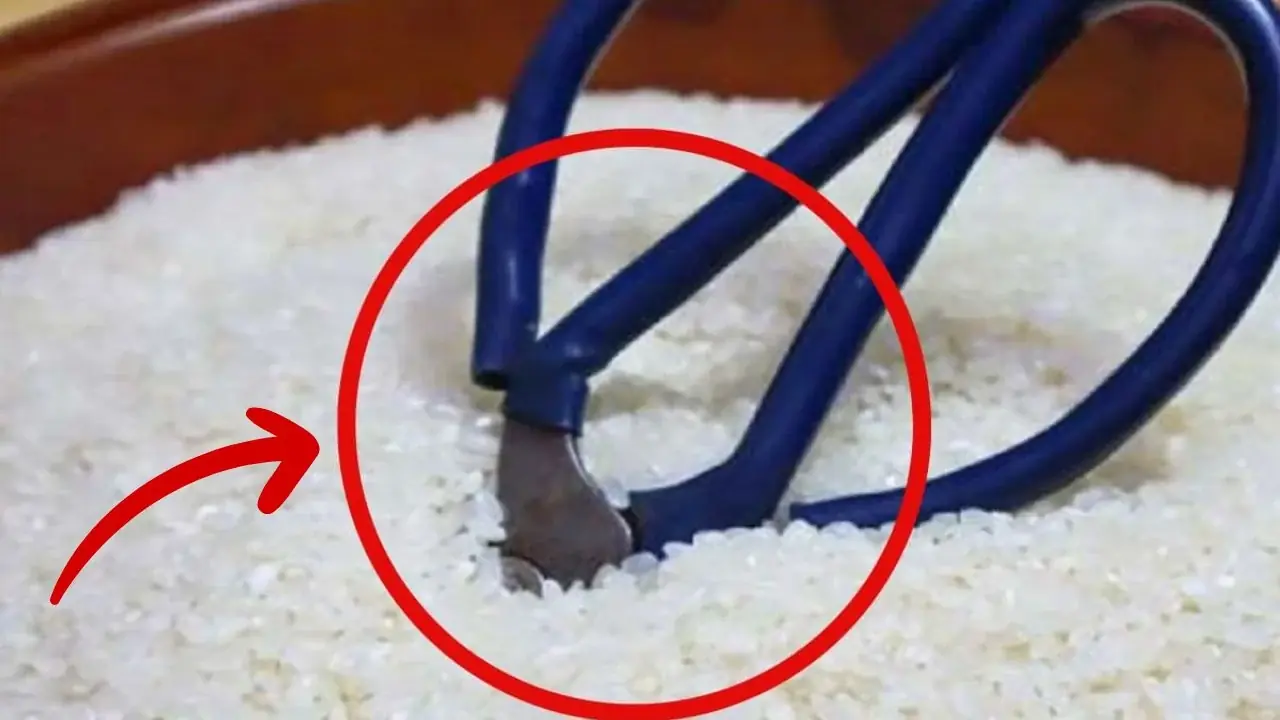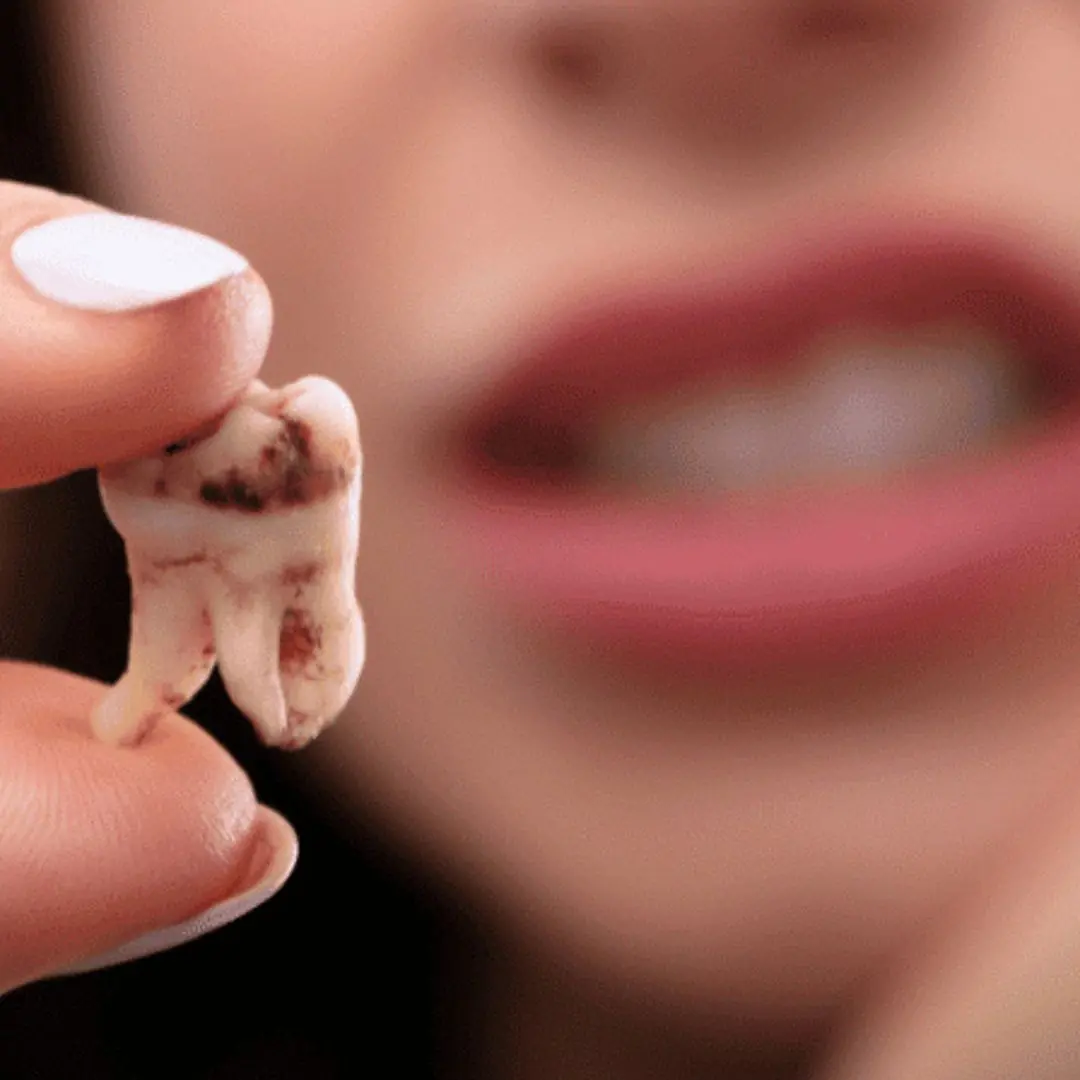
Tumor Disappears After 4 Months of Persistence: Even Doctors Were Amazed
Tumor Disappears After 4 Months of Persistence: Even Doctors Were Amazed
Despite being diagnosed with late-stage cancer, a woman experienced a remarkable recovery thanks to modern treatment.![]()
Cancer Progressed from Early to Late Stage in Just 8 Months
According to Dr. Nguyen Duy Anh, MSc., from the International Center for Oncology, Radiotherapy, and Nuclear Medicine at Phuong Dong General Hospital, he recently treated a 60-year-old female patient diagnosed with advanced cervical cancer (stage 4A), who achieved an extraordinary recovery.
Eight months prior, the patient had been diagnosed with early-stage cancer. At that time, the cancer had not invaded the ureters or bladder. If she had opted for treatment early on, it would not only have saved time and cost but also significantly reduced the risk of recurrence, said Dr. Duy Anh.
However, the patient declined modern medical treatment and turned instead to traditional folk remedies, hoping to “avoid pain and side effects.” During that period, the tumor grew rapidly, causing severe pain, anemia, and physical exhaustion. Eventually, the patient returned to the hospital and placed her trust in modern medicine, but by then the cancer had already advanced to stage 4A.
Tumor Vanished After 4 Months of Following a Strict Treatment Plan
Following a thorough examination, lab tests, and imaging, doctors devised a multimodal treatment plan: external beam radiation therapy combined with weekly chemotherapy, followed by brachytherapy—a modern technique that delivers radiation directly to the tumor site, enhancing treatment effectiveness and minimizing damage to surrounding healthy tissue.
After more than four months of strictly following the treatment protocol, follow-up evaluations revealed that the tumor had disappeared, and all diagnostic imaging showed normal results.
“The outcome brought overwhelming joy not only to the patient and her family but to our entire medical team. It was not just a medical success—it was the result of trust, perseverance, and close interdisciplinary collaboration,” said Dr. Duy Anh.
The patient emotionally shared, “If only I had come sooner…”![]()
Dr. Duy Anh emphasized that treating late-stage cervical cancer involves more than just the primary tumor. In this patient’s case, the tumor had invaded the left ureter, causing blockage and dilation of the entire left urinary system, which could have led to kidney failure if not promptly addressed.
To manage this, doctors placed a ureteral stent to relieve the obstruction and preserve kidney function before continuing with chemotherapy and radiotherapy.
Believe in Modern Medicine
Dr. Duy Anh cautioned against unproven cancer treatments such as macrobiotic diets, blood alkalization, detox therapies, traditional herbal medicine, and high doses of lingzhi mushrooms. These methods have not been validated through large-scale clinical trials and are not approved by international medical boards or the Ministry of Health as part of official treatment protocols.
Patients who choose such alternative methods may miss the “golden window” for effective cancer treatment. Cancer progresses through various stages, and early detection is crucial for successful outcomes. Delaying modern medical treatment for unproven alternatives can mean missing the opportunity for effective care.
Moreover, some unproven therapies may interact with cancer drugs, reducing their effectiveness or causing harmful complications. Certain herbs, for instance, can alter drug concentrations in the blood, leading to overdosing or underdosing. Some traditional medicines may also contain toxins harmful to the liver or kidneys, Dr. Duy Anh warned.
What to Do When Diagnosed with Cancer
Dr. Duy Anh advises patients to stay calm and make informed decisions. Here are key steps to take:
-
Get an accurate diagnosis: Undergo further testing and biopsy to determine the exact stage and type of cancer.
-
Consult a specialist: Speak with an oncologist to understand available treatment options such as surgery, chemotherapy, radiation, or immunotherapy.
-
Educate yourself: Learn more about your specific cancer type, its stages, and the treatment journey.
-
Seek emotional support: Share with family and friends or join cancer support groups to receive encouragement and motivation.
-
Develop a treatment plan: Work with your doctor to create a detailed plan and prepare mentally and financially.
-
Maintain a healthy lifestyle: Eat nutritiously, get enough rest, and exercise to strengthen your body during treatment.
-
Consider complementary care: Explore supportive therapies like palliative care, nutrition counseling, or psychological support to enhance quality of life.
Being diagnosed with cancer is a major shock—but with modern medical advances, many cancers can be cured or effectively managed if detected early.
News in the same category


Woman hospitalized for mistake while eating tomatoes
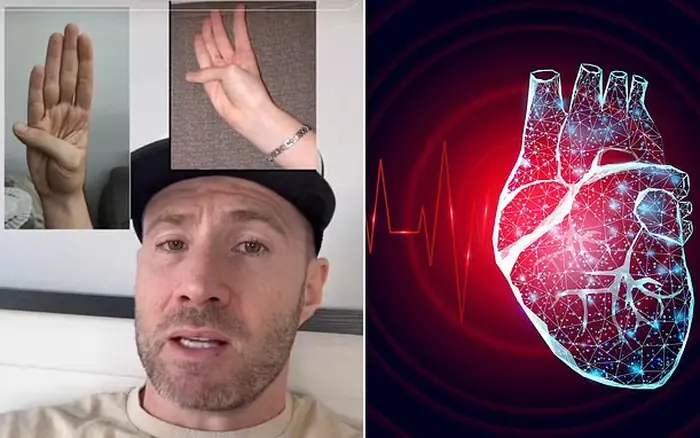
Doctor Reveals: Simple One-Minute Thumb Test Could Detect a "Ticking Time Bo.mb" He.art Condition

Sudden Deafness After a Late-Night Shower – The High Price of a Seemingly Harmless Habit!

The amazing health benefits of pineapple and who should avoid it

People who should not eat eggs

3 Warning Signs of Severe Headache that Might Save You from Cerebrovascular Disease

6 common signs one month before a heart attack
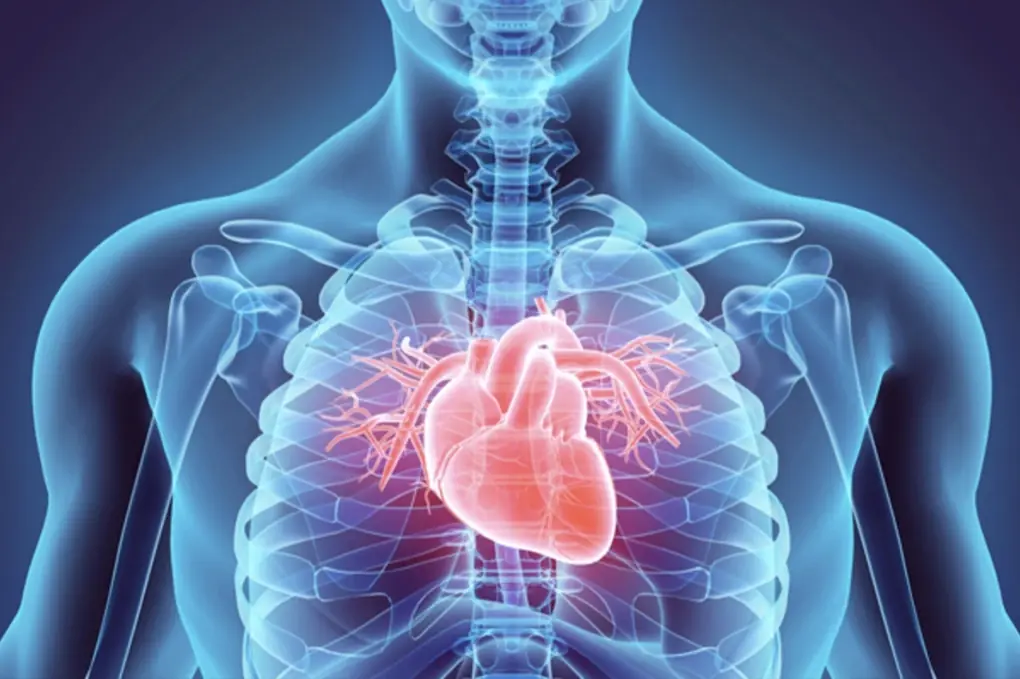
Diseases that can cause sudden de.a.th
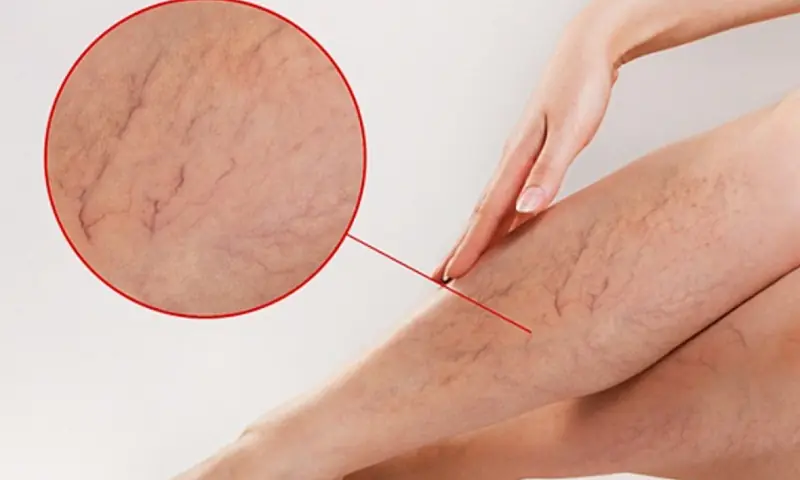
Who is susceptible to varicose veins?
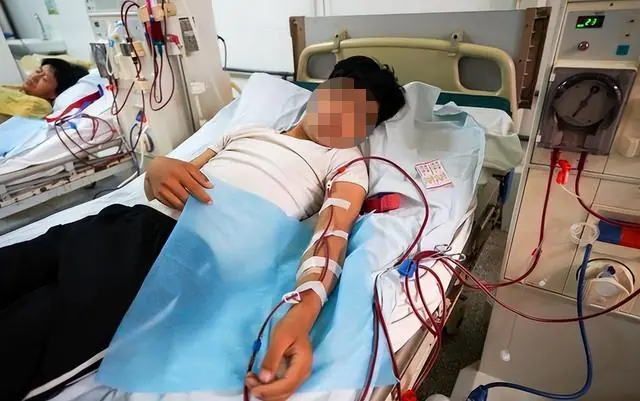
2 Bitter Vegetables to Avoid Immediately, Clean Cutting Board and Knife Thoroughly
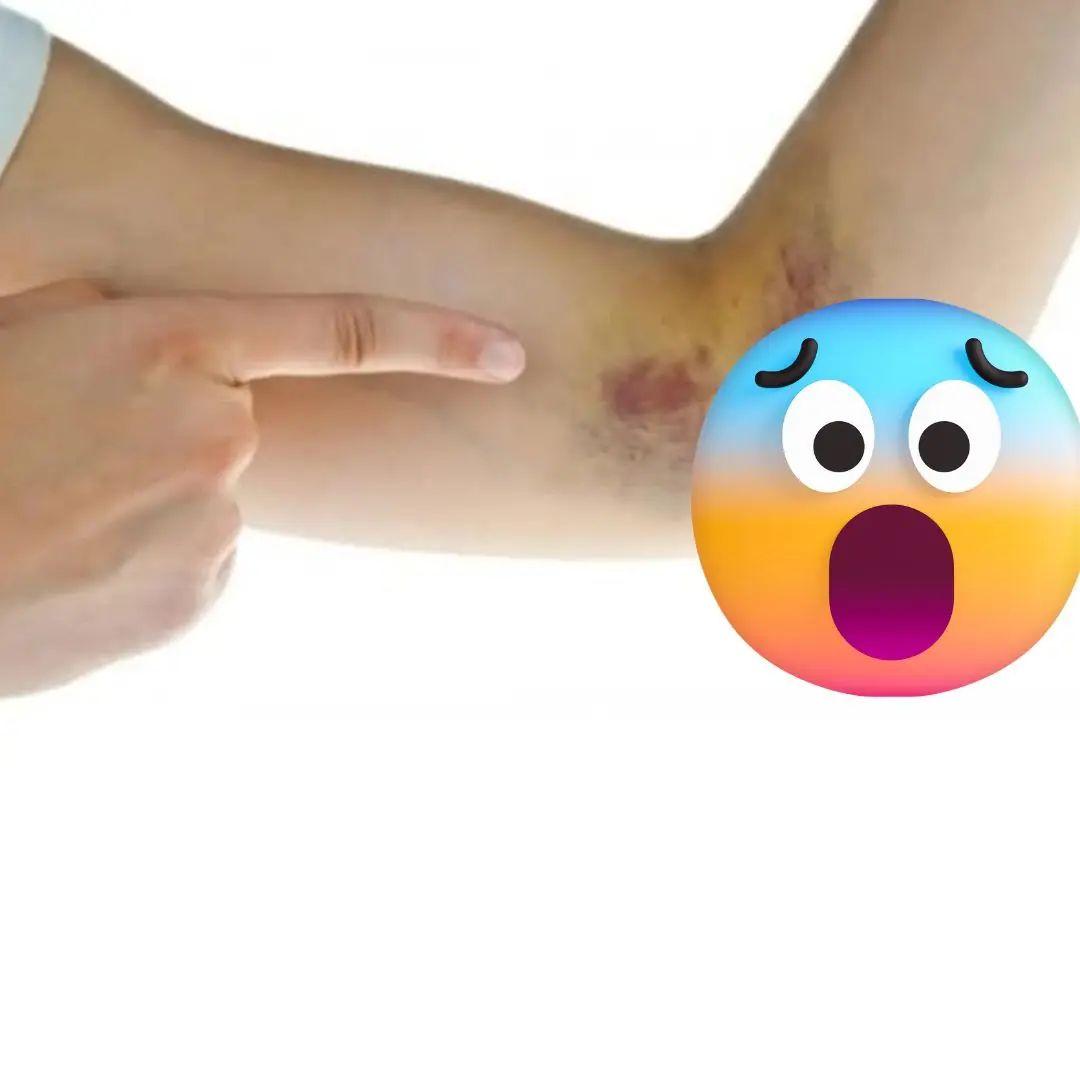
Simple signs to immediately recognize leukemia that you may never notice

5 foods you shouldn't eat in the morning

8 wa.rning signs your stomach dis.ease may have reached a severe stage
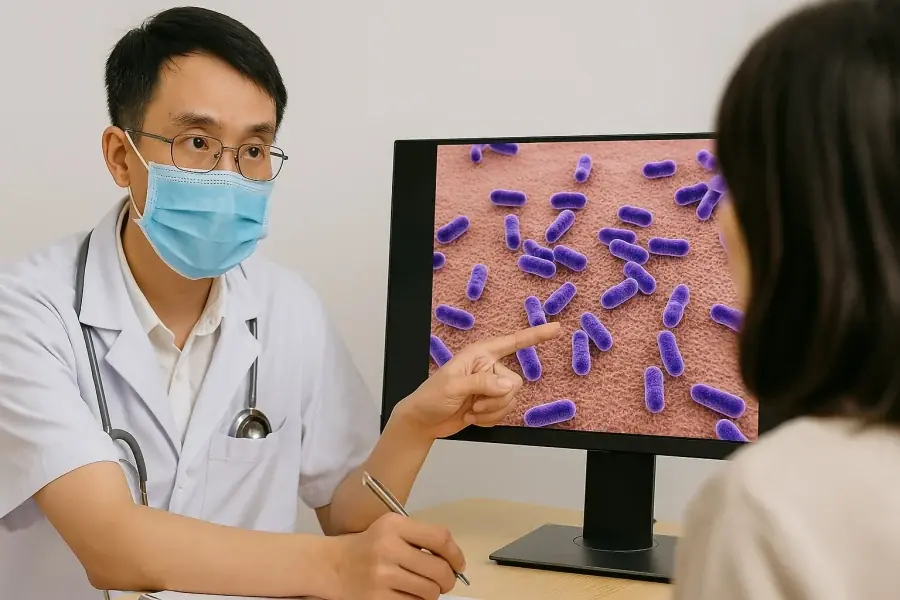
The hidden dan.gers of con.taminated pork
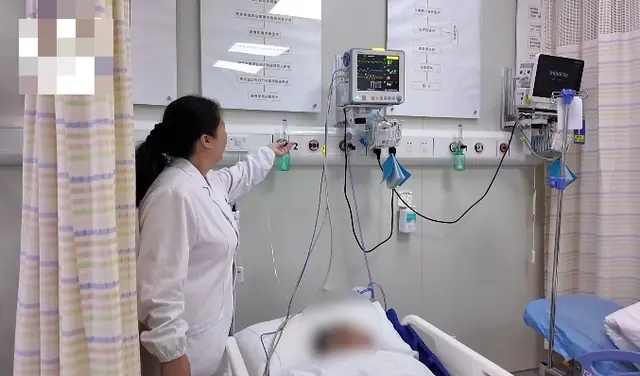
Most women who are susceptible to serious illnesses share these four habits

People who should avoid eating carrots

5 immune-boosting foods you should include in your daily diet
News Post

Air India plane crash: reactions from across the world

Are Sweets Really the Culprit for Tooth Decay?

Coconut water is good for health but the following 5 groups of people absolutely should not drink it

Woman hospitalized for mistake while eating tomatoes

The "Lean-Looking" Pork Cut That’s Actually Greasier Than Fried Chicken — And Most People Have No Idea

Doctor Reveals: Simple One-Minute Thumb Test Could Detect a "Ticking Time Bo.mb" He.art Condition

Sudden Deafness After a Late-Night Shower – The High Price of a Seemingly Harmless Habit!

6 "Taboos" in the Bedroom That Drain Wealth and Severely Harm Health

Unveiling the Mystery: Why Don’t Imported Apples Rot After a Whole Month?

What used to be pig feed suddenly turned into "green gold", priced at 1 million/kg but still "sold out"

3 changes in your tongue that show you're getting older
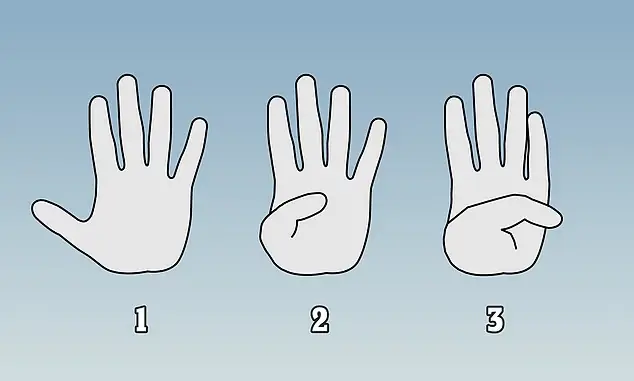
Doctor reveals simple thumb test that can detect heart problems like 'ticking time bomb'

Woman Lived with Uterine Fibroids Weighing Nearly 1.5kg for Over a Decade Without Knowing It — Here's Why

How to Grow Carrots at Home in Containers Starting with a Single Carrot

Turn a small corner of your house into a mini chili garden – both beautiful and useful!

Why hotels prefer white bed linens?

How to clean towels easily and economically

The amazing health benefits of pineapple and who should avoid it

Cancer May "Emit" These 2 Signs at Night – Everyone Should Know to Stay Alert
